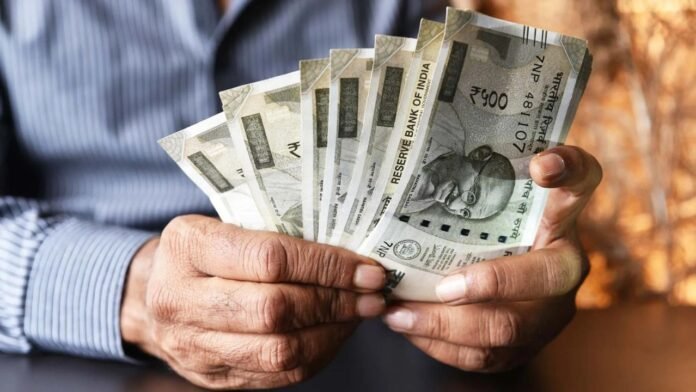Islamabad is expected to present the federal FY 2024-25 budget today, amounting to Rs18,500 billion. The budget includes major provisions such as salary increases, pension reforms, and sales tax rate adjustments. Key proposals include raising the sales tax on fertilizers, seeds, tractors, and other agricultural items and imposing a 10%. General Sales Tax (GST) on food, medicines, and stationery. There will also be industry packages and a new loan program for youth.
Federal Minister of Finance Muhammad Aurangzeb will present the budget in the National Assembly. The budget aims at setting a revenue target of Rs12,970 billion. A notable proposal is a salary increase of up to 15% for government employees pending final approval in today’s federal cabinet meeting. Pension reforms are also on the table, which may introduce a voluntary contributory pension system for new hires. While proposing limiting pension for retiring employees to 20 years instead of lifetime and family pension duration between 10 to 15 years. Besides discontinuing pensions for daughters.
The finance bill for the next fiscal year includes a proposal to withdraw sales tax exemptions. The government expects to generate about Rs550 billion in additional revenue. They may increase the sales tax rate by one percent to meet the additional tax target. The government will raise sales tax on agricultural items, seeds, fertilizers, tractors, and other equipment. They will also subject items listed in Schedule Six and Schedule Five to sales tax. Specifically, they propose a ten percent sales tax on food, medicines, and stationery. In contrast, they anticipate a five percent sales tax on petroleum products will bring Rs550 billion in revenue.
The government estimates federal expenditures at over Rs23,000 billion, with a projected budget deficit above 5% of GDP. They expect direct taxes to increase by Rs3,452 billion compared with the current fiscal year. Customs duty exceeds Rs267 billion. They have proposed new rates for some taxes, including the income tax. The capital value tax, the sales tax on goods and services, and the federal excise duty. The energy sector received Rs253 billion; infrastructure received Rs827 billion; water resources received Rs206 billion; transportation and communications received Rs279 billion; the Sustainable Development Goals (SDGs) received Rs75 billion, and merged districts in Khyber Pakhtunkhwa received Rs64 billion. The energy industry will receive subsidies totaling Rs800 billion.
The farming area will hold back nothing at 2%, the modern area will go for gold at 4.4 percent, and the administration area will hold back nothing at 4.1 percent. As evident reports demonstrate, the item target is $40.5bn, while the import target is $68.1bn. It is guessed that Pakistanis will send roughly $30.2 billion abroad. The goal of a 3.7% current account deficit demonstrates a comprehensive strategy that balances economic expansion and fiscal responsibility.


